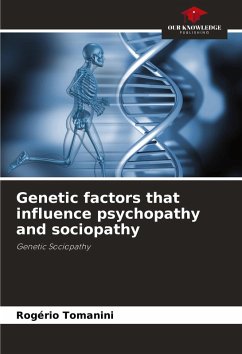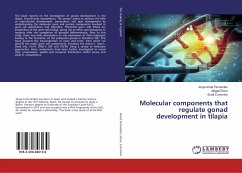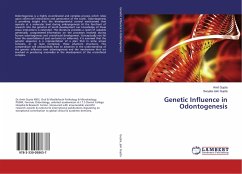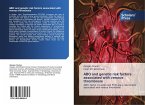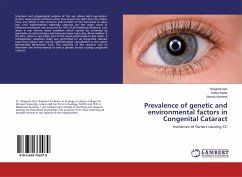Since the formation of the concept of society, man has studied and dedicated himself to understanding human behaviour, even before the conventional social model found today existed. In ancient Greece, one of the most worrying human behaviours - violence - was already being studied. Alcmeon of Cretona (6th century BC) was the first to dissect animals and dedicate himself to studying the biopsychic qualities of delinquents, researching the human brain and seeking a correlation with their behaviour. It was said that in man there is a bit of animal and a bit of God, that life is the balance between the opposing forces that make up the human being and that illness corresponds to the disruption of this balance. One of the most notable men in history, Hippocrates, the 'father of medicine', believed that all crime, as well as vice, was the result of madness, thus laying the foundations for imputability or the principle of criminal irresponsibility of the insane man. With the beginning ofthe Middle Ages and throughout this period, crimes were directly linked to a great peccatum (sin), and were punished with severe measures of imprisonment, torture and the death penalty.
Bitte wählen Sie Ihr Anliegen aus.
Rechnungen
Retourenschein anfordern
Bestellstatus
Storno

